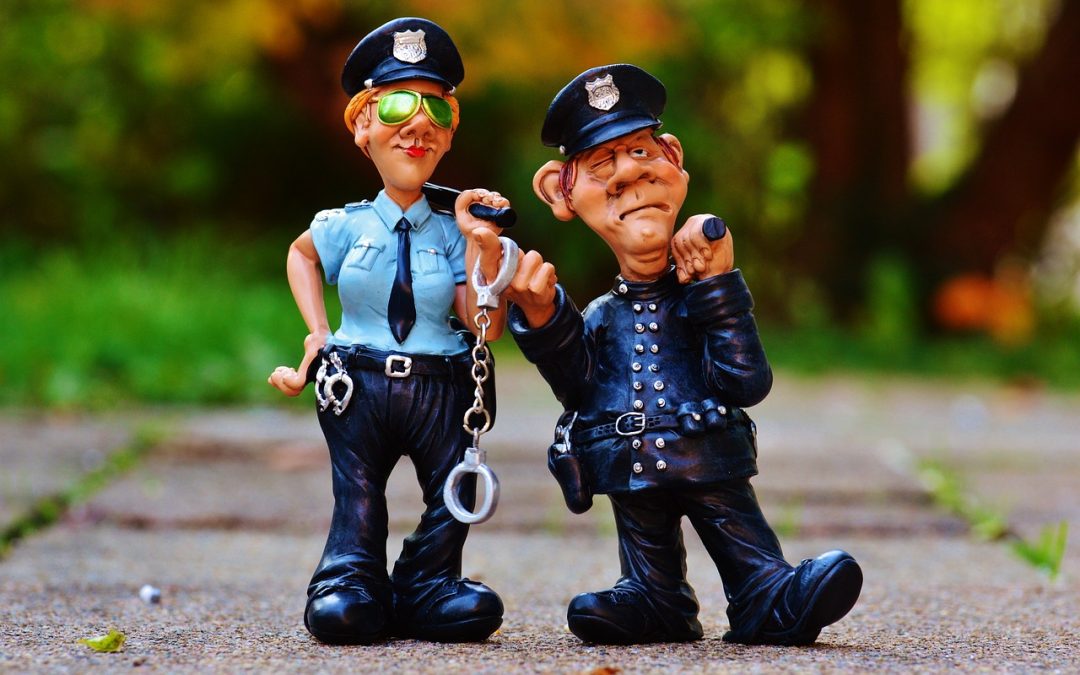When interacting with law enforcement, it’s essential to prioritize your safety while also being aware of your rights. Documenting police misconduct can be a valuable tool for holding officers accountable and bringing about positive change. In this post, we’ll explore how to do so safely and effectively.
Preparing for Encounters
Before you find yourself in a situation where you need to document police misconduct, take some time to familiarize yourself with your local laws and regulations. Understand what constitutes reasonable suspicion, probable cause, and consent searches. Knowing your rights will give you confidence and help you navigate interactions with law enforcement.
Documenting Encounters Safely
When documenting police misconduct, it’s crucial to prioritize your safety above all else. Avoid confrontations or arguments with officers, as this can escalate the situation and put you at risk. Instead, focus on calmly and clearly documenting what’s happening.
- Stay calm and composed, even in the face of adversity. This will help you think more clearly and make better decisions.
- Keep a safe distance from officers and events. This will help prevent misunderstandings and allow you to capture clear footage.
- Avoid obstructing officers or interfering with their duties. This can lead to charges and compromise your safety.
- Stay calm, be polite, and avoid physical contact. Remember, your goal is to document, not to confront or challenge the officers.”
Asserting Your Rights
While it’s essential to prioritize your safety, it’s also crucial to assert your rights when interacting with law enforcement. Remember, you have the right to remain silent and the right to an attorney. If you’re unsure about what’s happening or what your rights are, don’t hesitate to ask.
“The right of the people to be secure in their persons, houses, papers, and effects, against unreasonable searches and seizures, shall not be violated, and no warrants shall issue, but upon probable cause, supported by oath or affirmation, and particularly describing the place to be searched, and the persons or things to be seized.” – Fourth Amendment
By following these guidelines and prioritizing your safety, you can effectively document police misconduct and assert your rights. Remember to stay informed about local laws and regulations, and always prioritize de-escalation and peaceful resolution. By doing so, you’ll be contributing to a safer and more just society for all.
The information at Observed.Org may not pertain to every jurisdiction. It is YOUR responsibility to know your rights and observe them. Nothing here should be considered legal advice.

